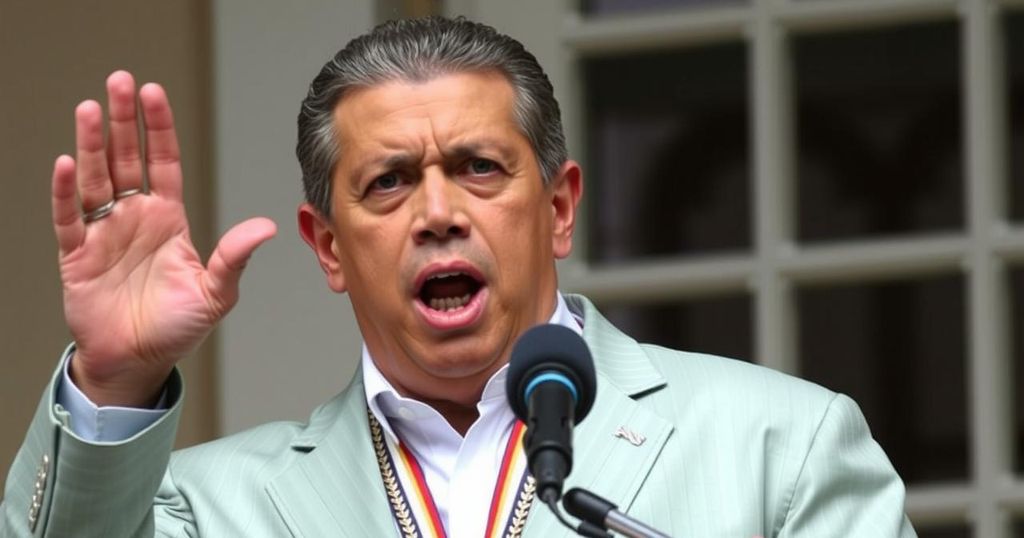Maduro Inaugurated Amid Controversy; U.S. Extends Protections for Nationals

Venezuelan President Maduro was inaugurated for a third term amid controversy. The U.S. extended protections for Venezuelans and El Salvadorans. Israeli military struck Houthi targets in Yemen after drone attacks, and the Biden administration announced sanctions on Russia’s energy.
On Friday, Venezuelan President Nicolás Maduro was inaugurated for his third term following a highly contested election that has been met with international scrutiny. In a related development, the United States government extended legal protections for hundreds of thousands of Venezuelan and El Salvadoran nationals currently residing in the country. Additionally, the Israeli military conducted strikes against Houthi targets in Yemen following drone attacks aimed at Israel. Furthermore, the Biden administration announced new sanctions targeting Russia’s energy sector in response to ongoing geopolitical tensions.
The recent inauguration of President Maduro, despite widespread claims of electoral fraud, highlights the ongoing political crisis in Venezuela. The international community has largely condemned the election process, and many nations do not recognize Maduro’s presidency. Concurrently, the U.S. has taken steps to provide relief to foreign nationals, demonstrating its continued engagement with the humanitarian situation in the region. Moreover, Israel’s military actions in Yemen and the Biden administration’s sanctions against Russia’s energy sector showcase the complex dynamics of international relations that are currently at play.
In summary, the swearing-in of President Maduro amid disputes reflects the political turmoil in Venezuela. The United States’ extension of protections for Venezuelans and El Salvadorans underscores the administration’s commitment to addressing humanitarian challenges. Additionally, military engagements in Yemen and sanctions against Russia further illuminate the tense global landscape. These events collectively signify a crucial moment in both regional and international politics, inviting further analysis and response.
Original Source: www.thirteen.org







